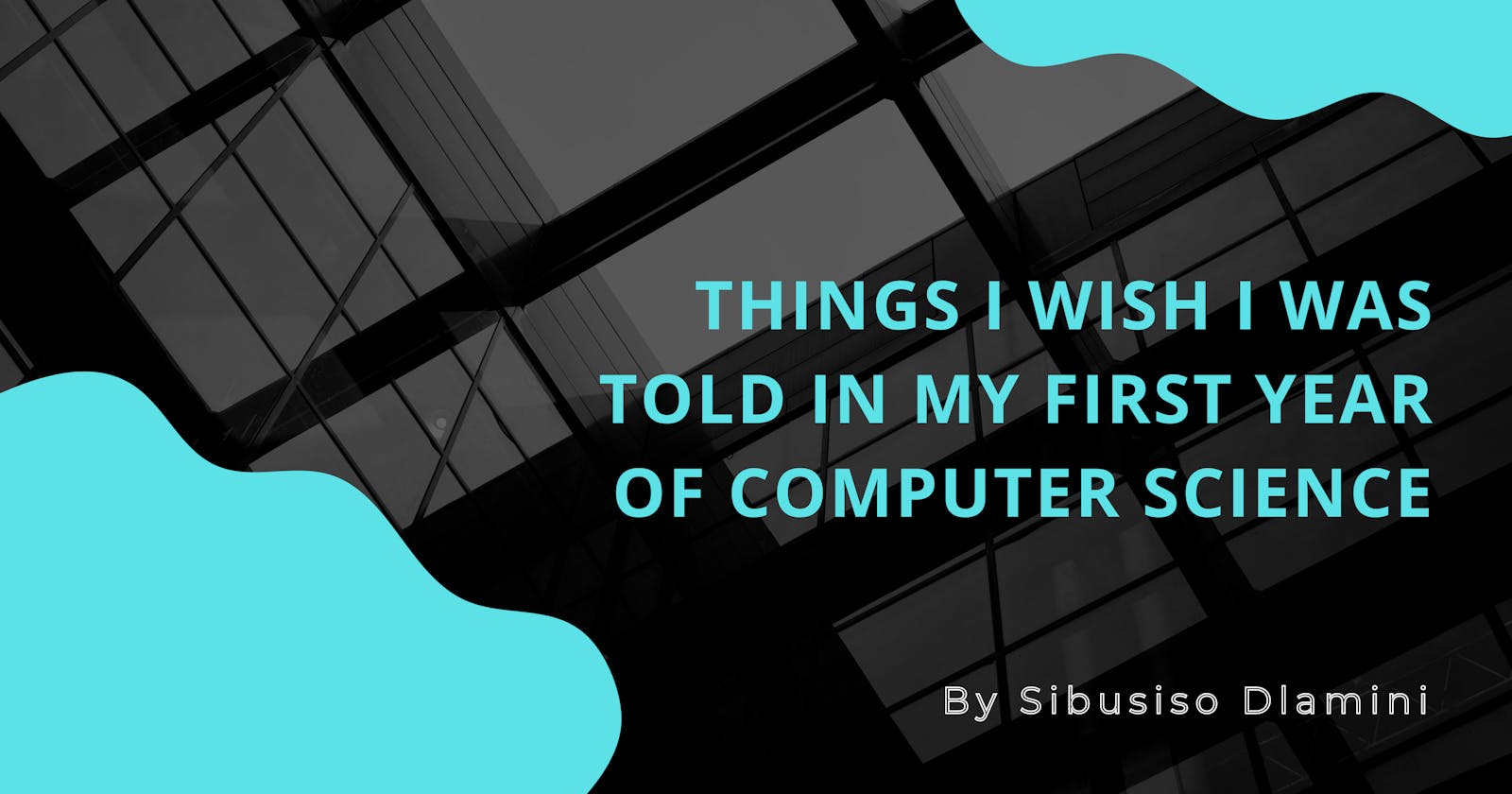Context: It's 2020, and I begin my journey through my first year of Computer Science. My excitement was quickly extinguished by what felt like a never-ending pandemic. Fast forward to today, and I'm a final year student with a cushy part-time job and a sponsorship for my studies. Getting here was not easy. I got a lot wrong, but surely I did some things right. So today, I want to share a few tips and tricks that helped me along the way.
Leave your door open
There are many ways that I could have been more social, but I think this is one of the most underrated ways to go about it. An open door is welcoming. It invites others to pop in, say hello and just check-in. I have met many ridiculous and hilarious people in my lifetime, but I can't remember how we met. Meaning the moment we met was by chance. By opening your doo,r you are simply increasing the chances of meeting eccentric people and making those unique relationships.
I noticed how effective this tip was by observing one of my friends in res. He was my neighbour, and more often than not, he kept his door open. It made me feel like I could talk to him. I appreciated that most, especially when there were so many restrictions on social gatherings and interactions.
Choose sleep
I put a lot of value on my sleep. I care about the quantity AND the quality of my sleep. There is a lot of science behind sleeping that I won't get into, but I will advise you to download Sleep Cycle. I used to take afternoon naps to handle fatigue. Sometimes my sleep schedule was in shambles. I fixed all that thanks to this application.
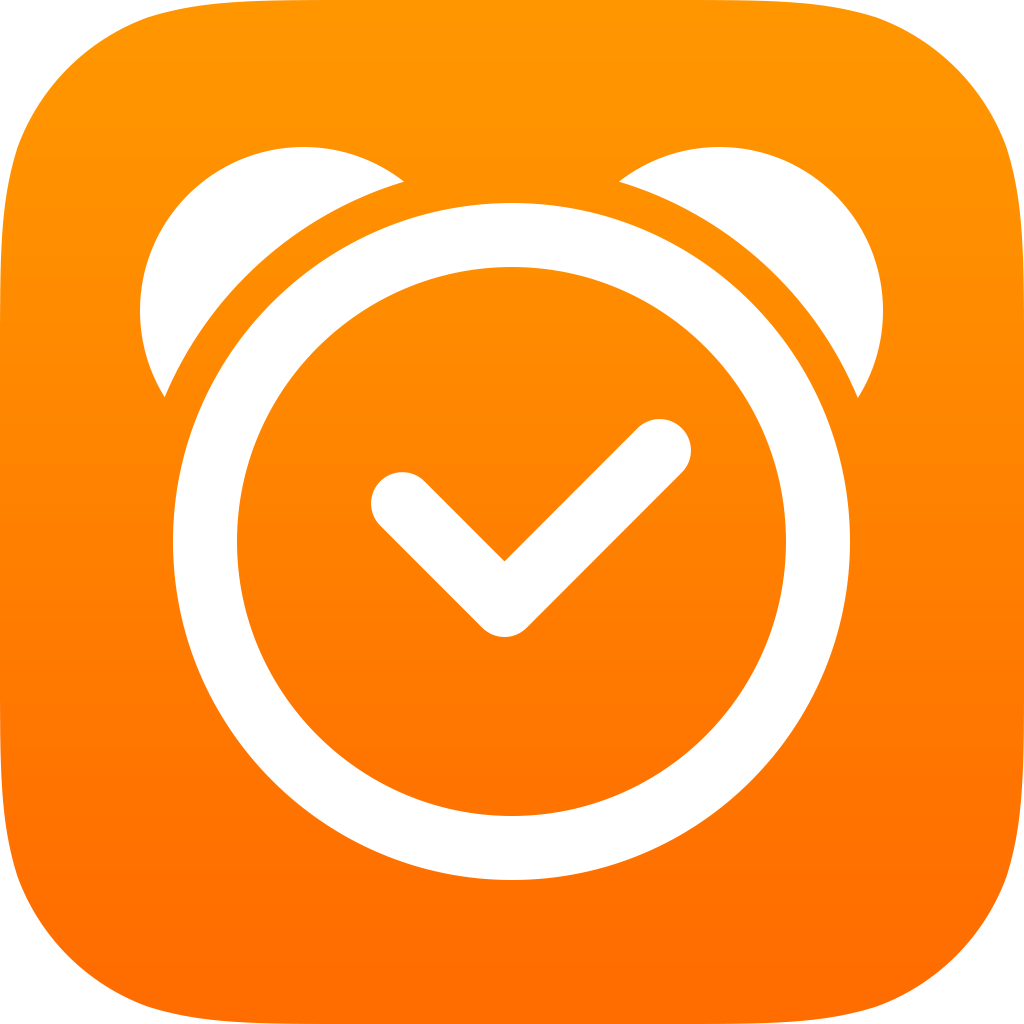
Most alarms go off at a specific time, but Sleep Cycle sets an alarm that rings when it senses you are close to waking up. Instead of setting the alarm to go off at a specific time, Sleep Cycle lets you pick a window of either 30 minutes or an hour. The app will record audio to sense how well you sleep and choose the perfect time to set off its alarm in that time frame. The alarm is gentle and gradually increases until you wake. Once you are awake, it gives you a rating and summary of your sleep, so you know whether the app is helping or not. Within a week to a month, you should be able to wake up naturally without needing the app anymore.
In my experience, the rating has pinpoint accuracy. When I get a low rating (40%-60%), I feel sluggish towards the end of my day, but when I get a high rating (70%-90%), I feel energised throughout the entire day. I value that energy boost at the end of my day because that's the time I dedicate to non-academic endeavours since school takes up almost my entire morning and afternoon.
Get a monitor
Assuming you already have a laptop, getting a monitor is one of the best long term decisions you can make. A monitor can be used as a second display by simply hooking up an HDMI cable between your laptop and your monitor. An old monitor can do just fine. The amount of time you can save by having a second screen is priceless.
I don't own a monitor yet, but I used an old one over the last holiday. I got so used to working with two screens that the idea of having to code with one makes me avoid coding altogether. Being a Computer Science student requires that you code a lot. You'll find yourself switching between pdfs, googles searches and text-editors/IDEs. In my experience, switching too often makes me lose focus easily, and that's when I start procrastinating.
A monitor is a long term investment. The average lifespan of a monitor is about 10-20 years. Throw in a keyboard and mouse, and you've got yourself quite the setup. I get that not everyone may have the finances, but get one if you do. You'll thank me later :)
Get a speaker
I got myself a mini Bluetooth speaker to listen to lectures without wearing earphones. When I wear earphones for too long, I get tired of studying. I can avoid all that with a tiny Bluetooth speaker. It's also great for having friends over to your room, and you want to watch something or play games with decent sound quality. And if you're anti-social, it's great for jamming to your own tunes. It allows you to dance shamelessly in your own space without having to worry about earbuds falling out.
Use Notion
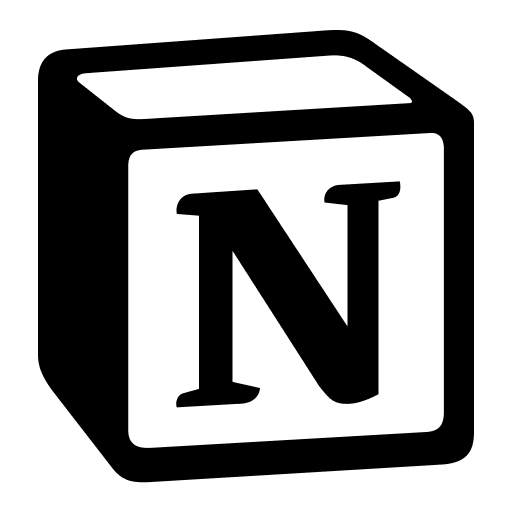
Notion is my go-to app. It is the sort of application that makes me question my existence before discovering it. I use it to organise just about anything and everything important to me. From calendar dates and budgeting to course notes and personal projects, it has everything that I need to organise my thoughts in one place.
I write all my blogs in Notion because it has a feature that exports your Notion pages in Markdown. I can simply copy that Markdown into a blog platform (like the one you're using to read my blog right now), and voila. You are currently reading a product generated from Notion.
I can go on about how much I love Notion, but I think you got the point. To be fair, Notion also has its drawbacks in that you always need to be online to access your content, and the mobile application on android is a terrible user experience.
Use Anki
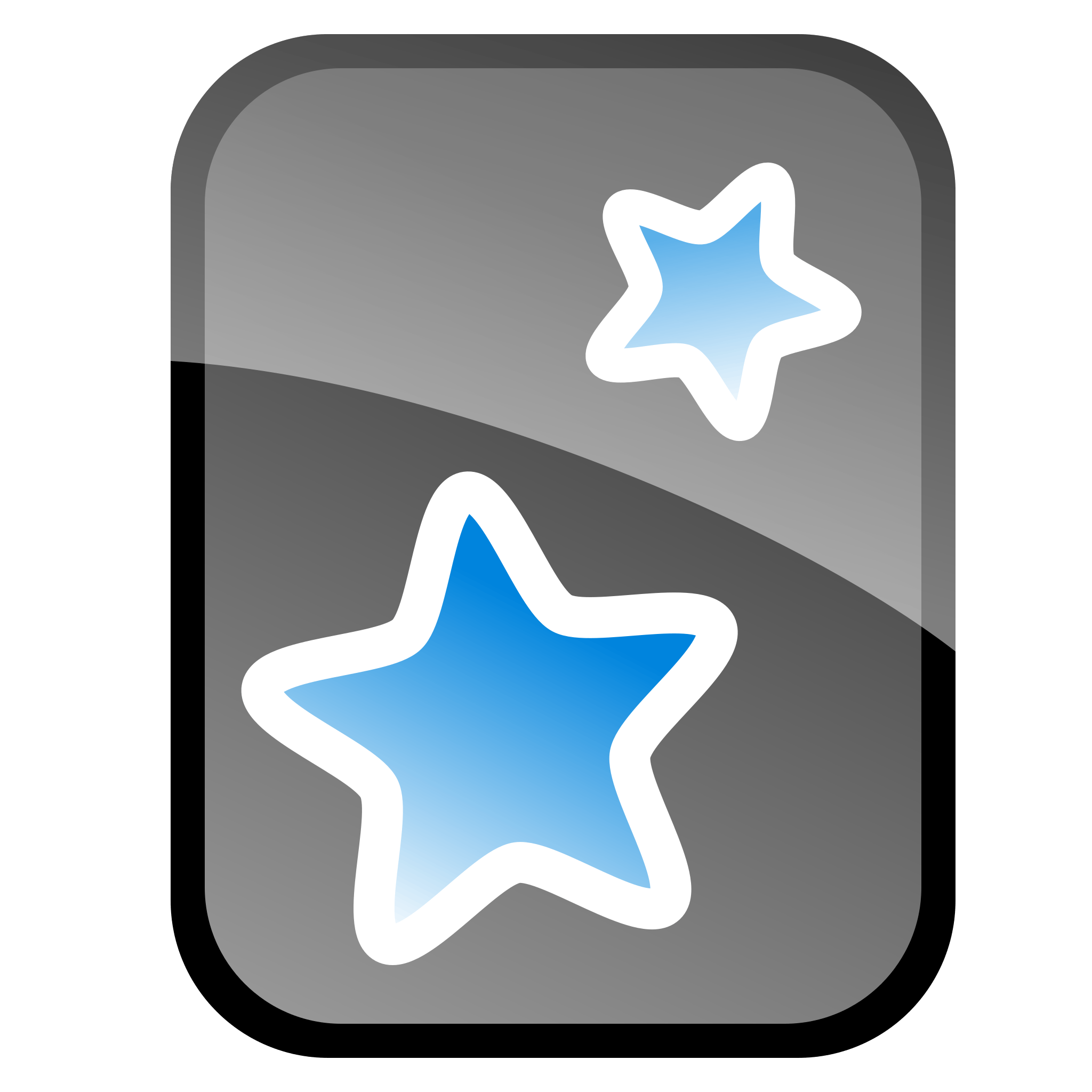
Anki is a flashcard application. It makes studying more manageable by using an algorithm that spaces out the flashcards over time intervals designed to counter the forgetting curve. I find Anki works well for courses that are heavy on theory. The fact that it is available on mobile phones makes it very convenient to use anywhere, and I mean anywhere. Even if you're not connected to the internet, the decks are saved to your device so you can practice your cards offline. Just be sure to connect to the internet to sync your cards and progress across devices.
Anyone who uses flashcards knows that the best flashcards are the ones you make yourself. The idea of making your own flashcards sounds like a lot of work, but Anki has shortcuts that help streamline the process. If you are still not sold on the idea of making custom cards, you can download decks online based on the subject you are studying. In my experience, they always have more cards than I need, so I tend to make my own.
Anki integrates wonderfully with my digital notes on Notion. Fill in the blank cards is one of the quickest cards to make. All you have to do is copy and paste the text and then press Ctrl + Shift + C on a word that you want to hide. Fill in the blanks are my favourite ways of making cards because I'm lazy, and you can get quite creative with them.
Practice Typing
Most of my assignments have been in the form of word documents that I would have to submit. The process of answering questions might be tedious if you type slow, especially if you type slower than you write. I would recommend that everyone type at least faster than they can write that way, you will feel that you are being more productive.
If you type slowly, your experience with apps like Anki and Notion will be underwhelming. You won't want to make your own flashcards or use Notion to type out digital notes if it takes you a long time to create those notes and flashcards. My recommendation is to learn to type at a speed of 60 wpm at the least. Use 10fastfingers.com to test how fast you are and if you're under 60, then consider learning to touch type.
Try out Linux
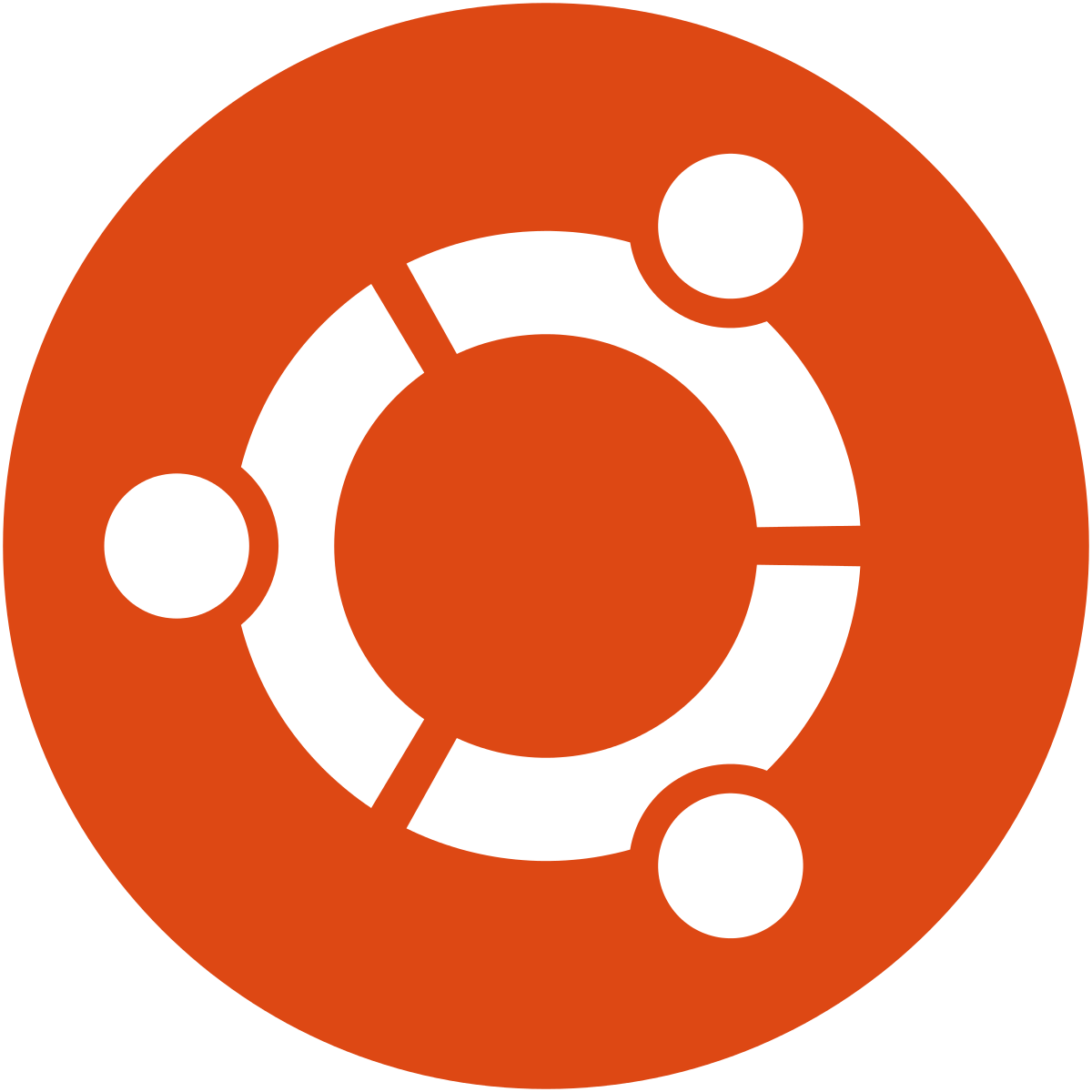
This one is more of a Computer Science related tip. I assume that most Computer Science degrees have some component where you are required to work with a Linux based system. You will make your life a lot easier by installing Linux on your machine rather than using an online emulator. You don't have to wipe Windows off your PC. You can have Windows and Linux loaded on your system side by side. This is what dual-booting is. Once you've got both operating systems, you can choose which one you want to use after every reboot.
Any programmer who has used Linux will tell you programming is a much more pleasant experience on Linux, especially when installing new software. Linux is a remarkable piece of software, and nothing makes me feel prouder to be a programmer than knowing how to use Linux and customising it to my preferences.
Apply, Apply, Apply
Scholarships, Internships, Bursaries, Learnerships, Part-time jobs, whatever can help finance the duration of your studies or add value to your degree, go for it. I never applied to anything in my first year because most sponsors and programmes generally show preference to 2nd or 3rd-year students. On top of that, I thought I was not good enough to get into whatever I was applying for, and I was right most of the time. My first application was rejected, but I needed those rejections to improve. You gain experience with every interview you take and create a better CV with every CV you re-write and submit. Now I know how to craft an outstanding CV. I've improved my confidence in interviews. I discovered what psychometric assessments were and so much more. All because I kept trying and failing and trying again.
It honestly took a long time to get over my "not good enough" mentality. It took a random stranger to tell me that, "continuous improvement is better than delayed perfect" for me to get over it. After that, I felt a lot more confident in shooting my shot.
It's Okay not to Know
At the start of your University career, you won't know whether you will enjoy what you are doing. Regardless of what discipline you choose, no matter how passionate you are about it, you may still find yourself dragging yourself to class because of a particular lecturer that you dislike or concepts that you grapple with. Either way, you've got to be patient and consistent. Your efforts will be recognised and maybe even rewarded in the long run. I promise.
On the other hand, you might find yourself liking the things you had previously disliked. I used to hate statistics. I am decent at math, but statistics is one area of mathematics that I wanted to avoid at all costs. Funny enough, I ended up taking statistics into my 2nd year. Part of me wishes that I could major in it because it is heavily linked with data science and machine learning which are areas of Computer Science that fascinate me. Part of the reason I enjoyed statistics is that I had sensational lecturers. I don't think I would have stuck with it for so long if it weren't for them. There are a lot of variables that determine whether you will enjoy a class or not. It's okay not knowing what the future holds. The uncertainty might be daunting, but you should have nothing to worry about so long as you work consistently.
Summary
I went to university when the world got turned on its head. If anything, these tips will get you through a pandemic. If I could do it all over again, I think these are things that I would have done sooner. Of course, I had to leave out a lot of detail because this post was getting a bit long, but you get the idea.
Let me know if you found any of these tips helpful in the comments. If you got this far, thanks for the read and happy coding 💻
